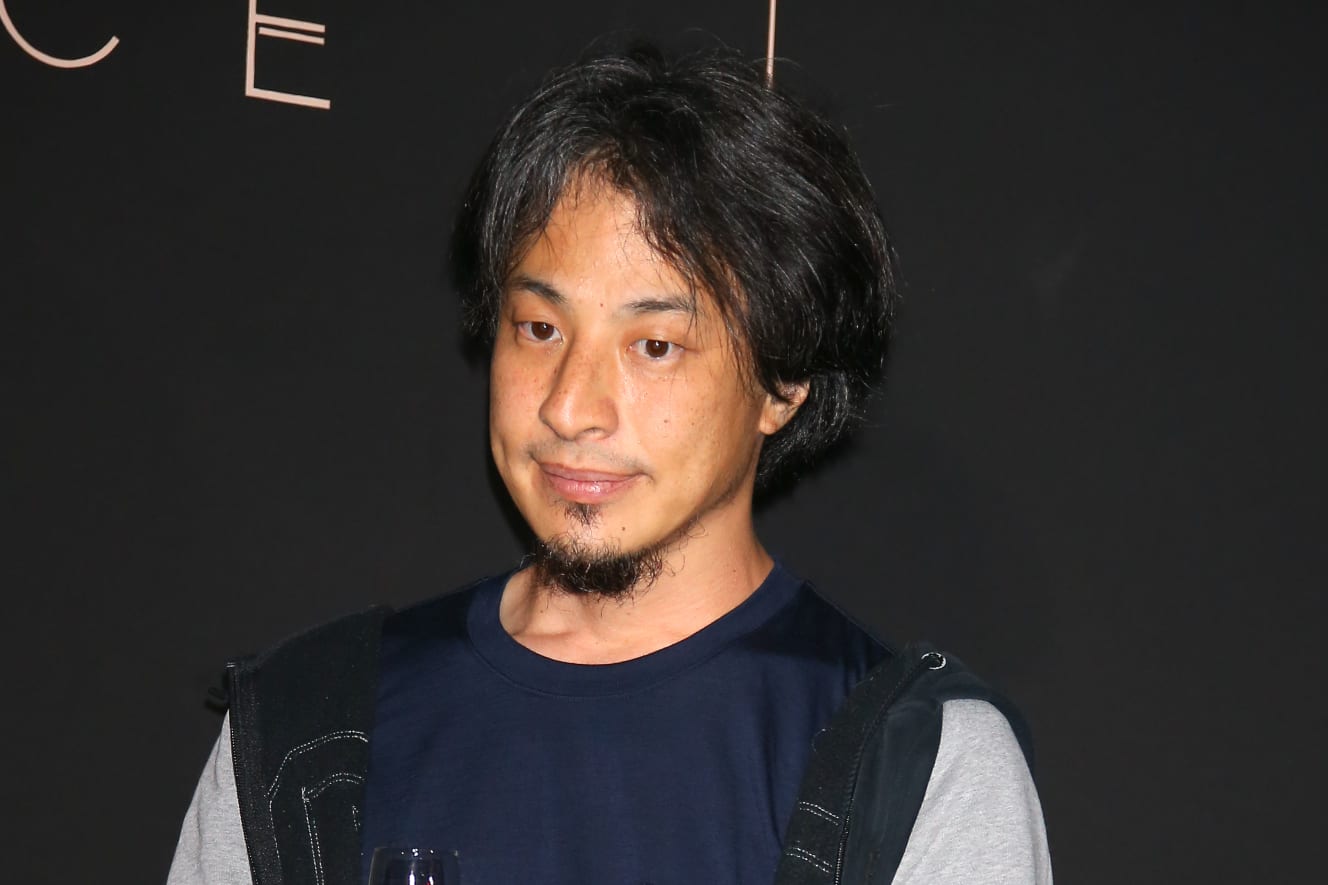Hiroyuki Raises Concerns Over Gyukaku’s Half Price for Women Controversy Amid Tension in Gender Reporting on TV
Is the “Discount for Women Only” really discrimination against men? The heated debate continues.
Hiroyuki Nishimura, the former administrator of “2channel,” appeared remotely on “Abema Prime” and expressed his discomfort with an event being held by the yakiniku chain Gyukaku in September.
Under certain conditions, this campaign offers an all-you-can-eat course at 3,938 yen for men and half price at 1,969 yen for women. As soon as Gyukaku announced this,
“Why only for women?”
“That’s discrimination against men.”
It sparked outrage on social media, with comments like that.
Gyukaku has stated that there is no intention to discriminate.
“Based on the data that in all-you-can-eat settings, women order an average of four plates less than men.”
They are offering half price only for women. They argue that this allows couples and families to save money overall.
Hiroyuki said,
“If it’s okay for a profit-driven company to favor women and discriminate against men, then it leads to the thinking that ‘it’s fine for women to have lower salaries and not get promoted,’ because that’s the company’s judgment. Therefore, any form of discrimination should be eliminated.”
Based on this viewpoint,
“If in America, it were said that Black people eat more yakiniku than white people, so we favor white people, that would simply be racial discrimination.”
He gave an example.
However, sociologist Kaku Sechiyama, who appeared on the same program, stated:
“This is a discussion about the marketing strategy of a yakiniku restaurant. Even if a civil lawsuit were filed, it falls within the range of tolerance.”
Engaging in a heated debate with Hiroyuki.
Indeed, it has long been common for women to receive price advantages, such as lower fees on “Ladies’ Days” or at second parties for weddings. Places like “aiseki-ya” still offer women completely free entry with unlimited time, which is not comparable to Gyukaku. However, this establishment aims for social interactions, so its nature is somewhat different.
“It feels like ‘Is this really a discussion now?”
This is what a veteran director from a TV station said. He noted that about five years ago, TV stations became very strict regarding compliance on gender differences. The catalyst for this change was an incident that occurred on the local Kansai broadcast “ten.” (Yomiuri TV).
“In 2019, there was a live program segment that investigated whether the people in a certain restaurant were women or men. After the VTR ended, the guest in the studio, author Koji Wakaichi, was furious and asked, ‘Is this really permissible?’ Ultimately, the program was forced to apologize.”
After that, the comedian who had gone on location quietly left the show. Several executives from the program were reportedly reassigned.
“This incident became a significant catalyst for changing the awareness of gender reporting at television stations nationwide. Nowadays, when broadcasting interviews with ordinary people, they no longer display the gender. This is because, in cases where appearance is ambiguous, they would have to ask the person, ‘What is your gender?’ If the individual’s gender identity differs, that question could deeply hurt them. If someone with an ambiguous gender visits Gyukaku, will the staff really ask, ‘Are you really a woman?’ Such a thing is unacceptable. Therefore, it’s no surprise that this campaign is considered outdated,” said the director from the TV station.
On the other hand, there have been reports on X of men identifying as women dressing up and visiting Gyukaku, claiming they received the half-price discount with photos. It seems Gyukaku does not strictly separate by gender and operates on a self-reporting basis at the time of reservation.
The debate is intense, but one thing is clear: this has created significant publicity. In the end, it might be seen as a strategic win for Gyukaku.
PHOTO: Pasya/Afro
